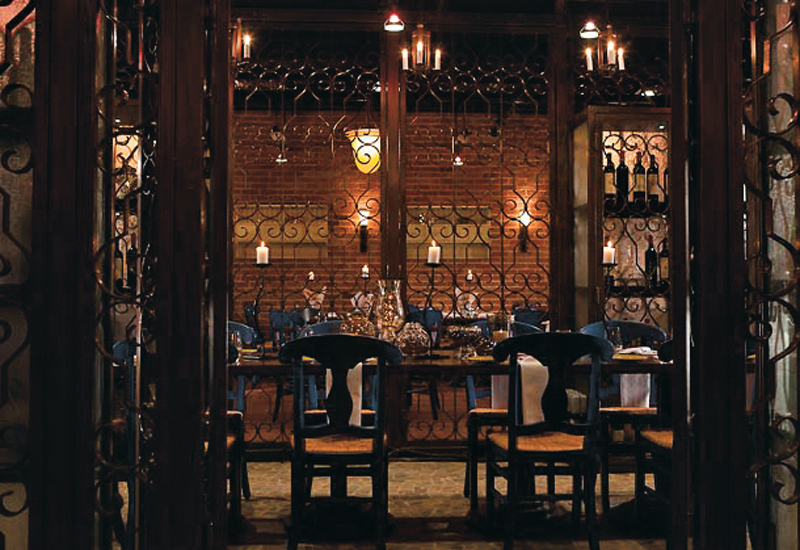 The roundtable debate was hosted in the Cucina Restaurant at the newly-opened Renaissance Doha City Center Hotel, located in Doha's new business distr
The roundtable debate was hosted in the Cucina Restaurant at the newly-opened Renaissance Doha City Center Hotel, located in Doha's new business distr
In the first-ever Arabian Travel News roundtable debate to be held in Qatar, Monika Canty met up with three Doha-based travel consultants last month in a bid to shed some light on the burning issues facing the travel trade in Qatar
Qatar has been centre-stage since winning the World Cup bid, but what impact if any has this had on the travel trade? An eye-opening discussion reveals the real issues — from ADMs to the need for client education and agent insurance.
Qatar is primarily viewed as a business travel destination. What is the potential for leisure tourism in Qatar and what are the challenges associated with bringing leisure visitors to Qatar?
Darim: In terms of the opportunities Qatar has, they are huge. But in terms of what there is for a tourist to do here, the tourism sector is still in its infancy. If you look at someone flying in on Qatar Airways and doing a stopover — there are the usual desert safaris, there is a new water park which has opened, but there are still very few things to do here in terms of tourism and even the Qatar Tourism Authority has recognised that. It is still more of a business destination.

| Advertisement |
The government is now pushing ‘Destination Qatar’ through its 48-hours in Doha campaign, so it will develop. It’s a natural progression that it will grow especially given the number of expats living in Qatar currently, and that number is continually growing.
You’ve got some wonderful things here such as the Islamic Museum, and you’ve got some great hotels. And there are more hotels opening up this year. But in terms of getting access to things that tourists can do outside the obvious ones — there is not really a lot of information available.
And when it comes to the infrastructure such as the ground handling, and the facilities for tourists coming in, in terms of getting access to a local destination management company to say ‘I want to do a tour into the desert or a dhow boat cruise or some water sports’…these sort of things — it’s not really available.
Khurshid: These kind of activities are not easily arranged here. I would say that the leisure market needs to be developed much more. Compared to our neighbouring countries it’s still quite far behind in terms of what you can do.
Does the local travel trade need to be more proactive about developing the destination for the leisure market?
Khurshid: Everybody is ready to support the development of leisure tourism, but we never get many enquiries from leisure tourists because there is not really much to do. And people who have visited here are not 100% satisfied with it as a leisure destination.
We also have just a very short window to cater to the leisure market due to the climate conditions — the season starts in October and runs only until March when we can handle leisure guests.
Do you face any issues with visas in Qatar? Could the destination loosen up its restrictions in terms of visas in order to support tourism?
Khurshid: Yes for inbound visas we face a lot of problems. I think the airlines really need to support this more — especially Qatar Airways. Look at the way Emirates supports the issuing of visas in Dubai — that would really help encourage tourism here.
What are the biggest challenges you have faced as travel trade since the introduction of zero commission?
Khurshid: The airlines dictate certain terms so we have to work according to them. We work as a sandwich — in between the consumer and the airlines. At the end of the day we are squeezed with our profits.
Our commission is decreasing and our expenses are increasing so on both sides we are being squeezed. The only thing we can do being a service agent is to improve our services and try to generate more volume.








 Search our database of more than 2,700 industry companies
Search our database of more than 2,700 industry companies









